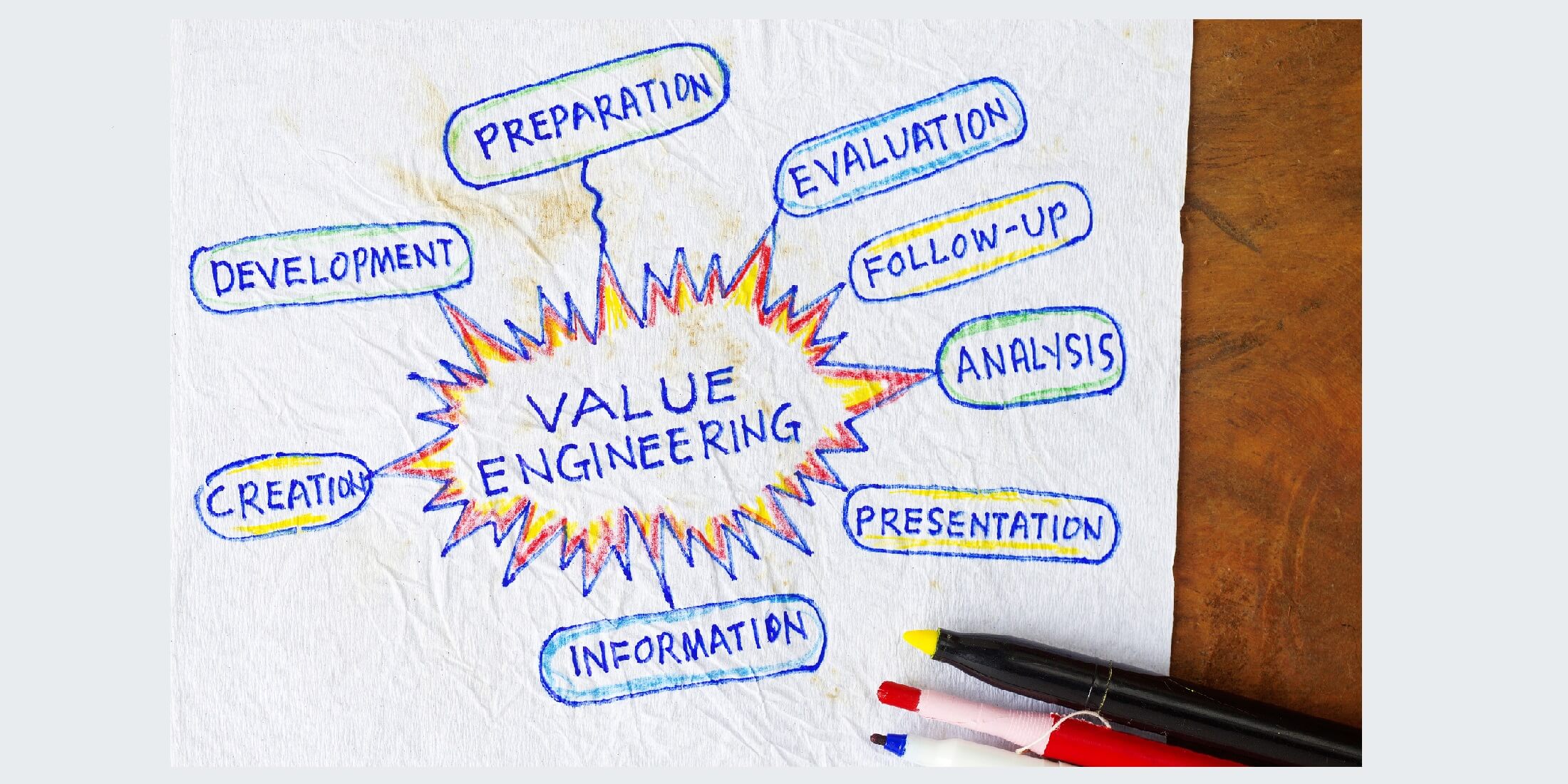The participants must bring along all applicable company documentation regarding configuration management processes, working methods and/or work-instructions and ICT system training documentation.
Configuration management is the way to master the large technical information flows in the product creation process. The technical information that is generated in the joint product creation process is closely linked to specific product characteristics and different stages in the creation process. In successive stages technical information is an expression of requirements, architecture, design, engineering, logistics, manufacturing, use and service knowledge. An excellent established and executed configuration management process has a direct positive impact on product and process quality.
We as technicians create this technical information partly for ourselves, but above all to meet the requirements (input) and to communicate (output) to the next user in the value creation chain. A complex task, given the large and often geographically dispersed teams, the variety of technical and supportive disciplines (logistics, quality control and ICT), the time pressure and the many stakeholders that need to be satisfied. Not to mention the system complexity itself.
Needless to say, jointly managing a very comprehensive product configuration information package is an information logistics challenge.
This training is available for in-company sessions that can be adapted to your situation and special needs.
Objective
This course helps all those who work in a product creation process to understand the essence of configuration management and its positioning within a company. We will thoroughly deal with the various components of configuration management to get a clear picture of the roles and responsibilities of different employees.
We do this by theoretical substantiation, but more importantly by workshops where we focus on practical examples from each of the course participants. They will gain insight into the existence of different work methods and in addition be able to review his or her own configuration management methods in relation to best practices.
After successful completion of this course, the participant will have insight in:
- the configuration management process;
- the architecture definition of configuration management;
- the functional decomposition of the configuration management process to optimize automation;
- the organizational framework of configuration management: functions, groups, access rights, roles and responsibilities;
- the data model and the different product structures: coding principles, object types, meta data and technical documentation;
- managing value through release and change processes: maturity levels, re-identification (revise/recode) and product baselines;
- report and interface (CAx, PDM, ERP) needs: re-coding, product traceability and serialization, hardware and & software interface and data-exchange;
- the relationship between configuration management, model based system engineering, AP233 standard and SysML structure diagram;
- the capabilities of configuration management supporting ICT systems;
- the approach of configuration management improvement projects;
- the organizational change effect of configuration management improvement projects.
- the quality of the company's own configuration management process, methods and ICT systems.
Target audience
This course is intended for multidisciplinary technical and other employees working in the product, machinery and equipment sector, such as system engineers, system architects, designers, engineers, draftsmen, project and program managers, department managers, supply chain engineers, manufacturing engineers, service and quality engineers.
This course is not intended for software or consulting services companies and related functions, such as ICT project managers, ICT consultants, system application managers, information architects and analysts and others related.
Program
Day 1
- Introduction and positioning of configuration management within a company;
- Configuration management process architecture and functional decomposition;
- Exercise workshop 1: organizational framework, the authorization function;
- Exercise workshop 2: information framework, the data model function;
- Exercise workshop 3: release and change framework, the valuation function;
- Review output workshop 1 to 3;
- Practical examples and evaluations of configuration management supporting ICT systems.
Day 2
- Exercise workshop 4: report and interface framework, the communication function;
- Review output workshop 4;
- Per course participant: evaluation of the quality of the companies configuration management process;
- Practical examples and evaluations of configuration management improvement projects, including organizational change models;
- Future developments: configuration management, model based system engineering, AP233 standard and SysML structure diagram.





